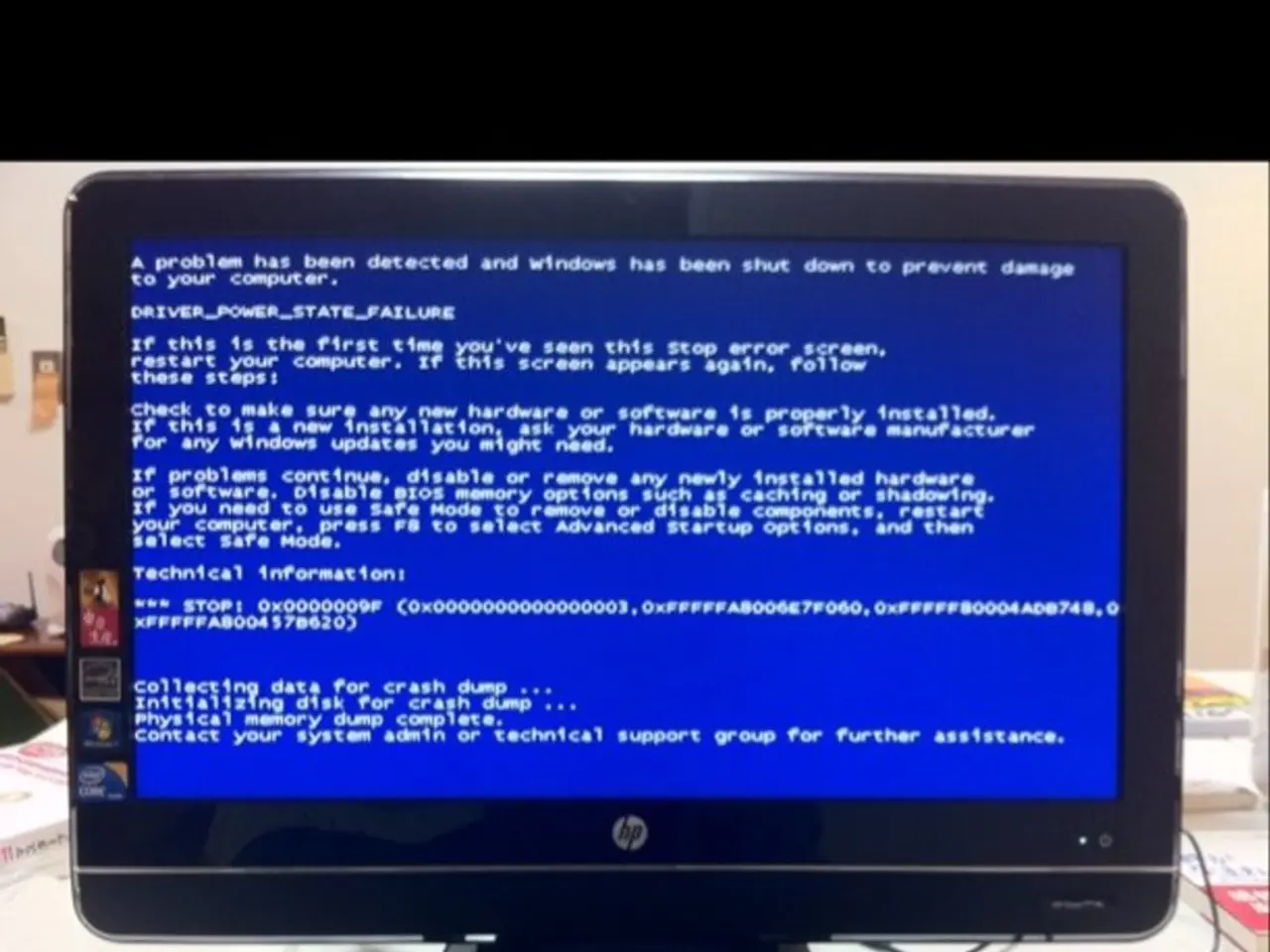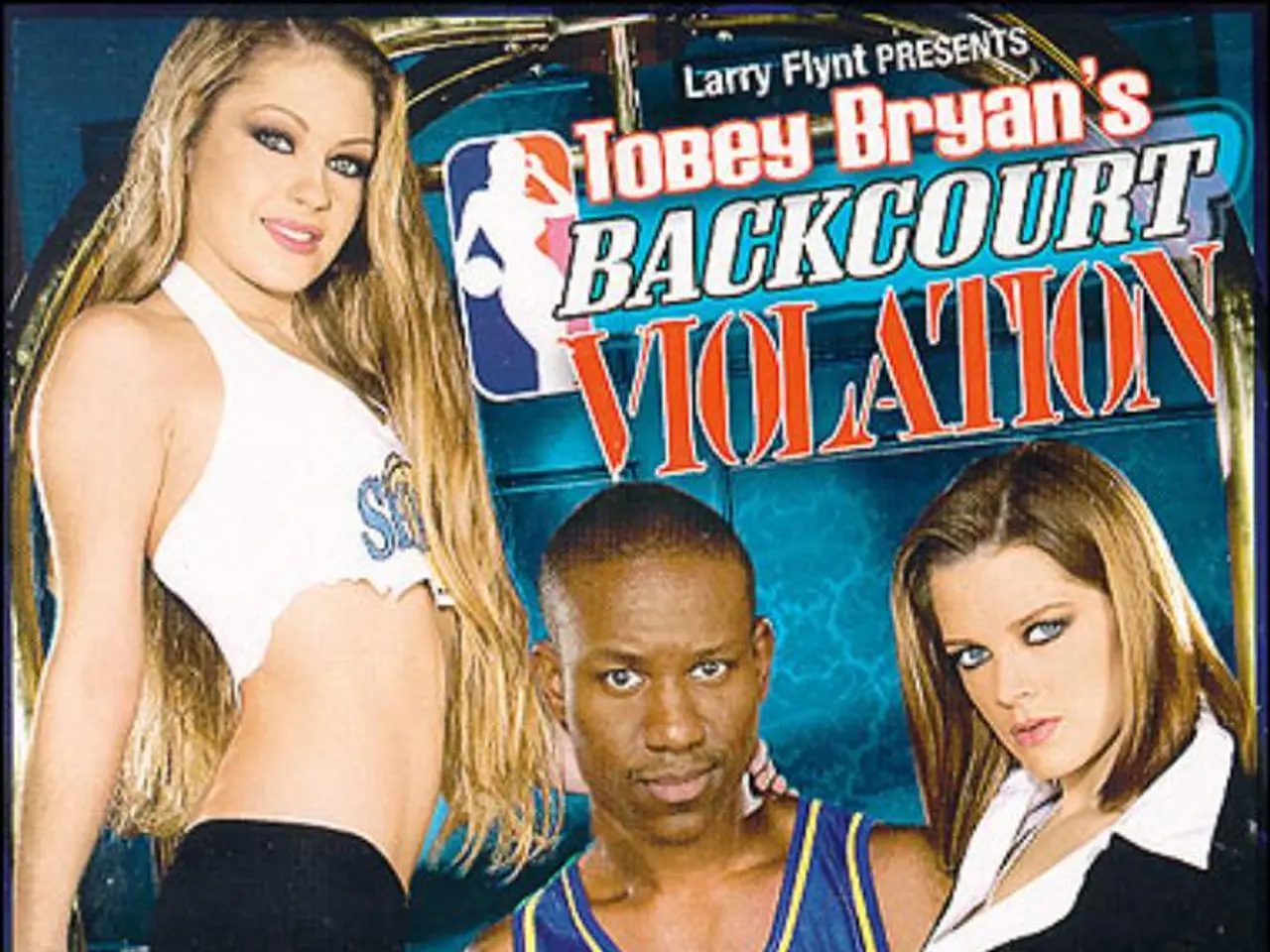Reselling concert tickets for artists like Bad Bunny and Lady Gaga slightly above original price to minimize excessive markups due to the new legislation
In a bid to make concert attendance more affordable for fans, the Sustainable Consumption Act proposal in Spain plans to ban the resale of event tickets at prices higher than their original purchase price. The law, if approved, will prohibit reselling tickets above a maximum price that would be the initial cost plus the accumulated inflation since it was acquired.
Currently, resale ticket prices on platforms like Viagogo and Ticketswap for popular concerts often significantly exceed original ticket prices. These secondary markets typically charge much higher prices, sometimes several times the face value, driven by demand and scarcity. This practice is widespread despite existing regulations, as the profits outweigh the risks for resellers and ticket scalpers.
The Sustainable Consumption Act would represent a major shift from the current secondary ticketing environment by legally forbidding any resale price markup beyond inflation. This aims to make ticket resale less profitable and more fair for consumers seeking to attend popular events.
For instance, in the upcoming Bad Bunny tour in Madrid, resale tickets could only cost a surcharge of less than a euro compared to the original price if the proposed regulation is applied. In contrast, on secondary platforms like Viagogo and Ticketswap, tickets for popular concerts often significantly exceed original ticket prices.
In Lady Gaga's concerts in Barcelona in October, tickets next to the stage, which were sold for 205 euros, have reached an average of 255 euros on Ticketswap and exceed 1,000 euros on Viagogo, with a profit of 870 euros over the initial price compared to the 1.3 euro surcharge that the law would regulate.
Similarly, in the Rauw Alejandro concert at the Palau Sant Jordi in Barcelona, the difference between an official ticket and a resale in the same sector can exceed 100 euros. In Aitana's concert at the Estadi Olímpic Lluís Companys in Barcelona, the best visibility in the stands is officially sold for 84.7 euros, but on Viagogo this sector has an average cost of more than 290 euros, well above the 1.09 euro profit limit that the future law would mark.
In other cases, such as Marc Anthony's concert, grandstand tickets that could have cost up to 133.1 euros in January, are being resold on Viagogo for an average price of 210 euros. In the AC/DC concert on July 12 in Madrid, a grandstand ticket that costs 141.5 euros on official channels is resold on Viagogo for 164 euros and exceeds 290 euros in contiguous sectors with worse visibility.
The new law, if passed, would also limit the price increase for VIP packages. For example, the VIP 2 package for the same concert, which originally cost 460 euros, was resold for an average of 660 euros on Ticketswap and over 3,300 euros on Viagogo. However, the law would only allow a maximum increase of just over three euros for the VIP 2 package.
In the adjacent block for Duki's concert in A Coruña, stand tickets that cost 64.5 euros are being resold on Ticketswap for an average of 80 euros, and on Viagogo they are around 110 euros. On Viagogo, the price of the same sector for Alanis Morissette's concert reaches 115 euros, more than double the official value.
The Sustainable Consumption Act is a step towards ensuring that fans have fair access to tickets at a reasonable price, rather than being priced out due to inflated resale prices. The law is intended to directly target the profit incentive behind automated bulk purchases by companies or individuals using bots, a practice that has been banned since 2020 but remains common due to its profitability.
Average ticket prices for popular events on secondary platforms like Viagogo and Ticketswap often exceed educational costs, with resale prices sometimes several times the face value. The Sustainable Consumption Act, if approved, aims to make education-and-self-development (attending popular events) more affordable for consumers by legally forbidding any resale price markup beyond inflation.




